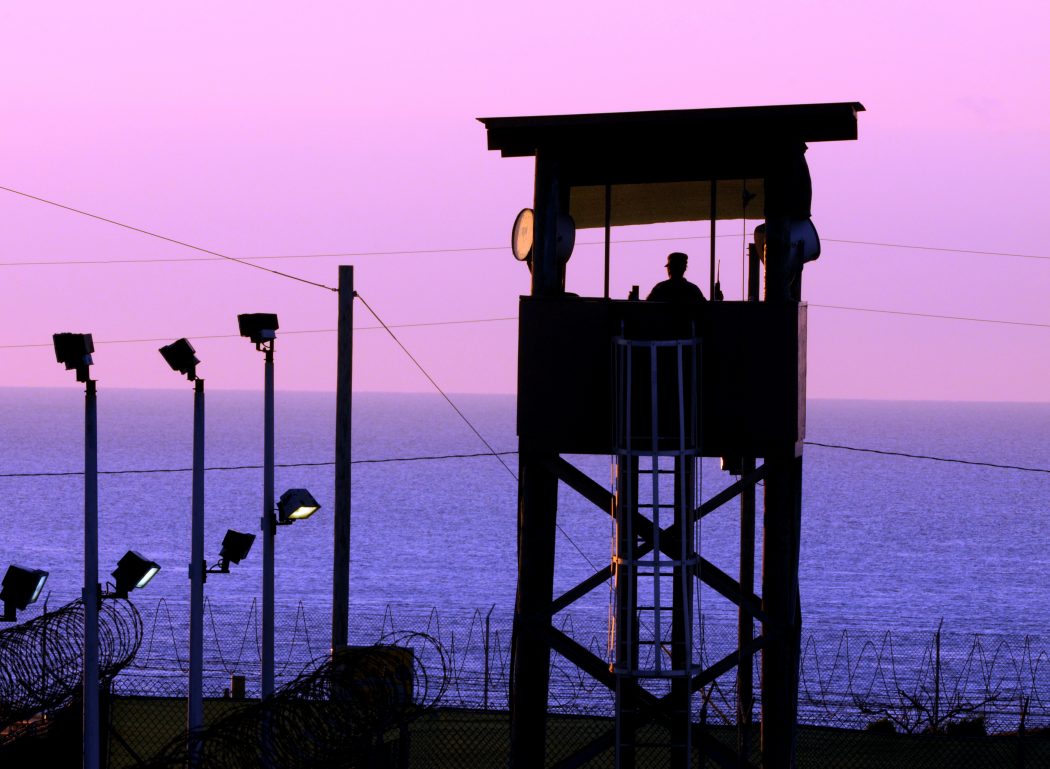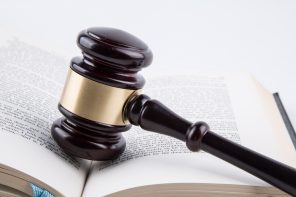Why I support the Khadr settlement.
Last week, the saga of Omar Khadr ended in something slightly less than ignominy as the Canadian government apologized and settled the case for $10.5 million. Khadr, now thirty, was captured by American soldiers when he was fifteen years old during a firefight in Afghanistan that claimed the life of an American soldier, and blinded another.
He was placed in the notorious Bagram Air Base in Afghanistan and later transferred to Guantanamo Bay. There he remained for ten years, subject to sleep deprivation, emotional abuse, and what the Supreme Court described as “oppressive” treatment—merely a septic term for torture. Indeed, if waterboarding is an ‘enhanced interrogation technique’, then forcing someone to use their head to clean up urine on the floor is something else entirely. Khadr was charged with murder and conspiracy in 2005, three years after his capture in 2002: three years of torture, isolation and neglect, before he was formally told why he was imprisoned.
Khadr is a Canadian citizen. As such, he is protected by the Canadian Charter of Rights and Freedoms and is entitled to the legal rights that were withheld from him.
Critics of the settlement have called it “disgusting”, with many bemoaning that Canadian taxpayer money is going to a convicted ‘terrorist.’ Indeed, polls this week have shown that 71% of Canadians do not believe the government should have settled his case. Opponents point to the fact that Khadr confessed to his crimes while at Bagram in Afghanistan, and that he pleaded guilty in front of an American Military Commission at Guantanamo Bay.
However, a few key facts have been conveniently left out of these criticisms. First, in a 2008 affidavit, Khadr stated that U.S. interrogators at Bagram threatened him with rape and treated him harshly, leading him to make false statements. Second, Khadr initially pleaded not guilty, but switched his plea amid an agreement that he would be transferred to a Canadian prison. Additionally, he was facing the possibility of indefinite incarceration without trial if he did not confess.
Canadian officials not only neglected their obligations under domestic and international law, they also played an active role in Khadr’s sustained incarceration.
True, it was the Americans who captured, tortured and held him without trial, but the Canadian government was still culpable for his treatment. Khadr is a Canadian citizen. As such, he is protected by the Canadian Charter of Rights and Freedoms and is entitled to the legal rights that were withheld from him. Moreover, Canada is a signatory of the UN Convention on the Rights of the Child and the UN Convention Against Torture—both of which were contravened by his treatment. Canada—like every country— is expected to uphold its international agreements.
Further, evidence from court filings by Khadr’s defense team illustrate that at the time of Khadr’s capture the Canadian Government asked the United States not to send him to Guantanamo. However, the Harper Government distanced themselves from this claim, repeatedly vowing to leave Khadr’s case in American hands. A Federal Court Judge subsequently ruled that the government was compelled to repatriate Khadr “to comply with a principle of fundamental justice.” The Supreme Court then, in a shocking turn of hypocrisy, ruled that the Canadian government had no legal compulsion to repatriate Khadr. Ottawa finally accepted Khadr’s request for transfer in April 2012, and he arrived home a few months later.
But Canadian officials not only neglected their obligations under domestic and international law, they also played an active role in Khadr’s sustained incarceration. In October 2008, Khadr’s defense lawyer stated that Canadian Security Intelligence Service (CSIS) agents had interrogated Khadr in Guantanamo. His lawyer alleged that American officials “softened him up” for Canadian interrogation using a “frequent flyer program” in which Khadr was forced to continually wake up and move to another cell, preventing him from sleeping. While the government denied this, a Federal Judge had ruled in 2005 that CSIS agents were not allowed to interrogate him considering the illegal nature of his incarceration. Further, in 2008, a video was released of Canadian agents interrogating Khadr in February 2003. In the video, Khadr sobs uncontrollably, several times telling the officials, “You don’t care about me.”
We, as citizens, cannot allow ourselves to fall into the trap of treating each violation as an independent incident, disconnected from a larger history of ambivalence and abuse
Dozens of opinion pieces have been published about this settlement, many extending disbelief that Canada—a country that ostensibly defends and espouses human rights around the world—would be caught up in a tangled, horrible mess like this. This perhaps misses the point, for while Canada has promoted human rights around the world, it has struggled to do so at home. Looking back, Canadian governments have been complicit—sometimes playing active roles—in instances of oppression. There was the internment of Japanese-Canadians, the destruction of Africville, and the insidious attempts to ethnically cleanse Indigenous populations that continue to this day.
In the Prime Minister’s statement on the settlement, he contended that Canada has a responsibility to protect citizens’ Charter Rights, even when it is uncomfortable. This gets to the real crux of the issue: even if Khadr is indeed guilty of killing an American soldier and blinding another, he was still captured, tortured, and deprived of his legal rights—all while Canada was complicit. For this, he is deserving of a settlement and apology.
Countries are not human rights defenders because they say they are, or because their citizens believe they are. A country is a human rights defender when it defends human rights, plain and simple. We, as citizens, cannot allow ourselves to fall into the trap of treating each violation as an independent incident, disconnected from a larger history of ambivalence and abuse. And if we do, eventually the exception will become more compelling than the rule. To remain a country that values the legal and human rights of its citizens, Canada must value them.





